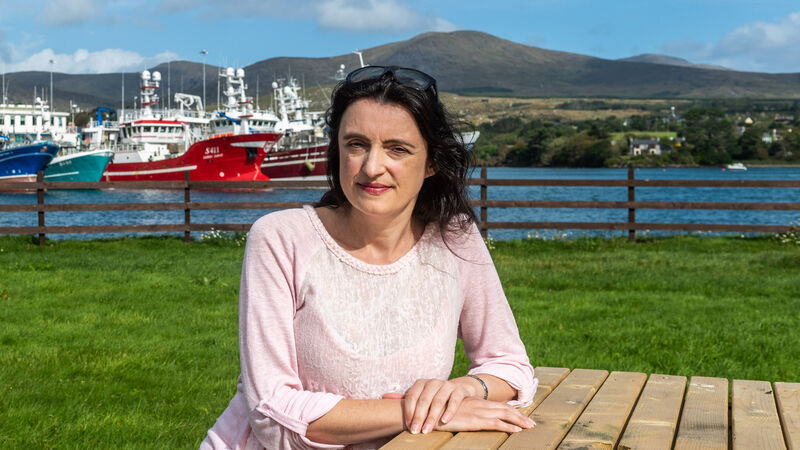'It's only a matter of time before someone dies' - medics warn of SouthDoc crisis in West Cork

Dr Fiona Kelly in Castletownbere, West Cork, Ireland. Picture: Andy Gibson.
Yet again, healthcare provision - and the lack of it - in west Cork is headline news.
This time it’s SouthDoc and the fact the Beara Peninsula has no regular after-hours GP.











